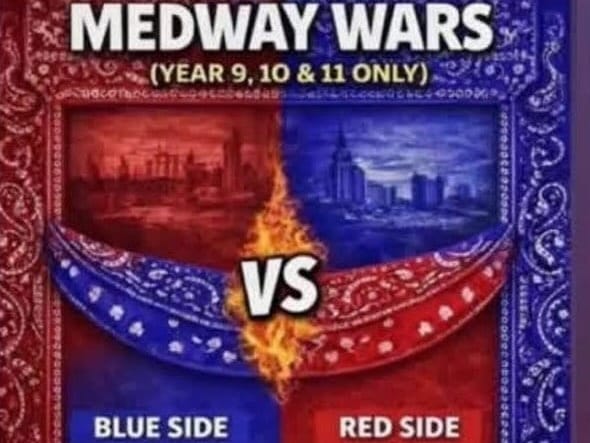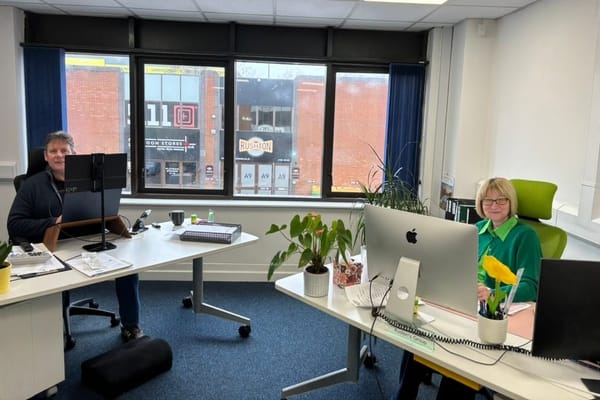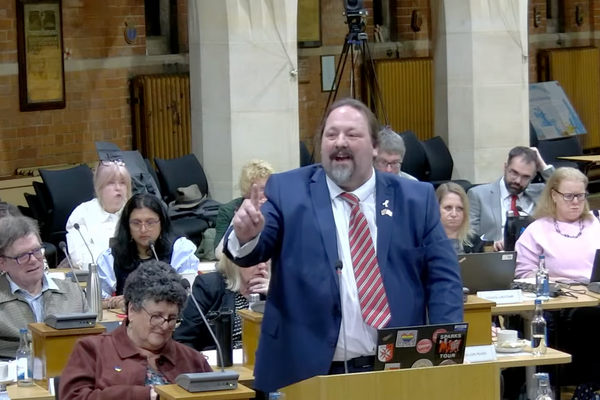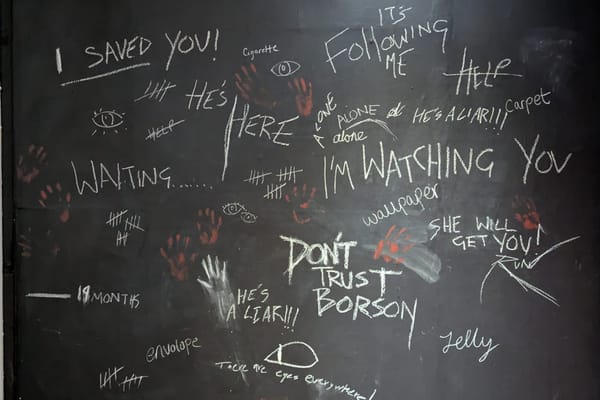“The 1940s were not that great for my family”
What Steven asked Kyra De Coninck and Chris de Coulon-Berthoud, round two
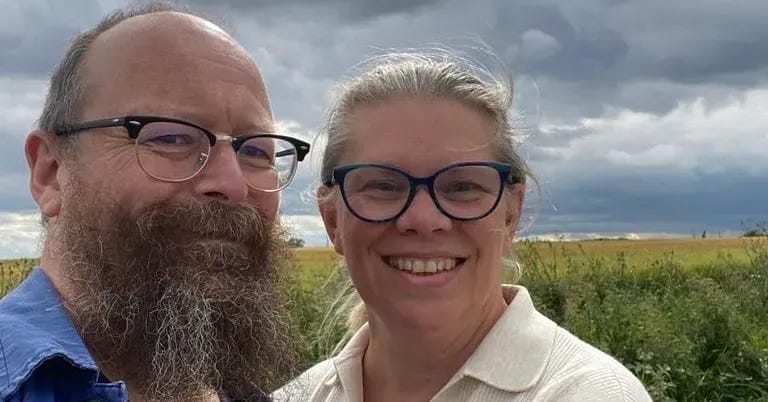
In this second part of a two part interview, Steven talks to Kyra De Coninck and Chris de Coulon-Berthoud about their PhDs, and their educational journeys, people that role play as Nazis, cadavers and phone etiquette during interviews.

You got into sports massage. What did that lead to?
Kyra: It led to teaching. I ran a massage clinic for quite a few years. Then I became involved in teaching massage, sports massage, in London, at various schools and colleges. Then a neighbour mentioned a part-time teaching role, which I got and became full-time. I was always really interested in chronic pain, and I was always interested in, through my patients and my clients, people who were experiencing pain when there was not actually any damage anywhere, but the pain was real.
(Chris picks up his phone)
(whispers) So rude, he just goes on his phone. Just for the record, my husband just started looking on his phone when I was talking about my research (laughs).
Then I became interested in a particular layer of the body called fascia, which is the connective tissue, almost like an extra additional soft skeleton that we have in our body, but nobody really knows much about it. It's the tissue that, if you have chicken breast, the raw chicken breast and that really thin layer on top that sometimes kind of peels off a little bit, that's the fascia around that muscle. It surrounds muscles, bones, organs, and it's all connected.
There's a lot of rubbish written about fascia and particularly the fitness industry tried to catch on to it to explain their therapy. Lots of research goes on, but still not a lot is known. It's there. For example, when I first started becoming interested in fascia, I was thinking maybe I could do some research around this, and this was the very early days of Facebook. I thought, oh, maybe there's a Facebook group about fascia. And I came across this Facebook group called We Hate Fascia. I thought, that's interesting. It was a group of medical students from America, and in America, as a first-year medical student, you clean up the cadavers. You prepare the cadavers, people who have donated their body for scientific research, and they remove the skin just to expose the muscles and the organs. But to see the muscles and to see the organs, you need to cut away lots of this fascia. It's a layer that exists between the skin and the muscles.
I measure it using ultrasound, and I found that it's different. The thickness in the lower back is different in people with pain, people without pain, athletes, non-athletes. I've scanned hundreds and hundreds of people. I never thought I'd do a PhD, never thought I'd be learning about mathematical modelling and that I'd be looking at analysing medical images. Never thought that I would be involved in that. Now I'm involved in helping to organise the next International Fascia Conference.
Is this why you were involved in organizing some cadavers of your own? Which was why we had to delay this interview?
Kyra: Is that what you said?! (laughs)
Chris: You had to have a meeting about it so we rescheduled this interview…
Kyra: I did, I did.
I wasn’t sure if I was going to come around and there would be a pile in the corner.
Kyra: No, no, no, in the UK, ever since the Harold Shipman case, the Human Tissues Act, rightly so, is very, very strict and you need to have a licence and you cannot, you can't just go and buy a cadaver as an unlicensed laboratory. You need to be in a medical school. I was discussing with my colleagues, the biggest part of the conference is going to be a dissection course, particularly as physiotherapists, osteopaths work with fascia, because in some people it feels very tight and very dry, in other people it feels a little bit looser. People are very interested in it, but it's not something that's part of the curriculum at medical school.

